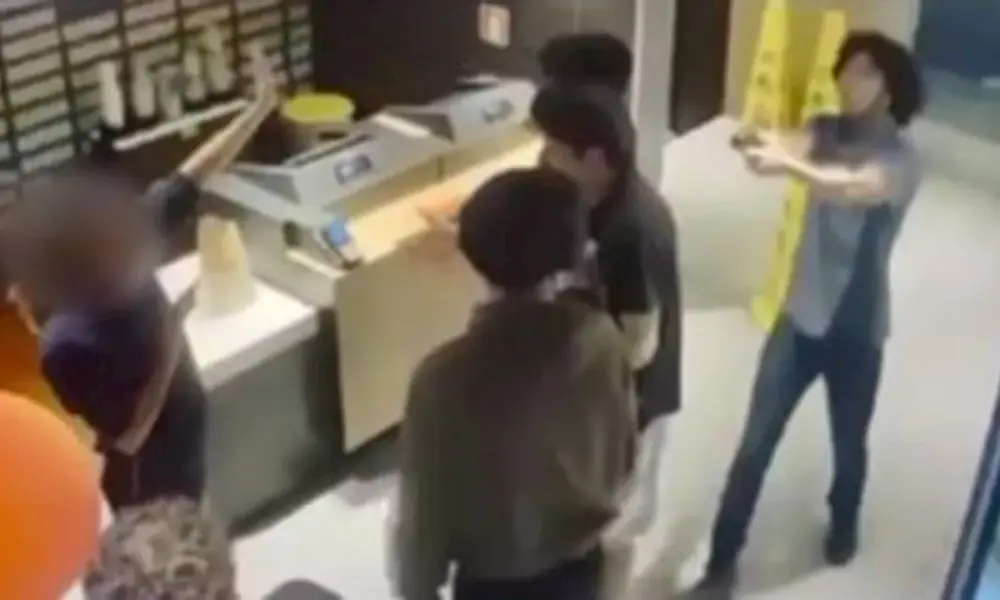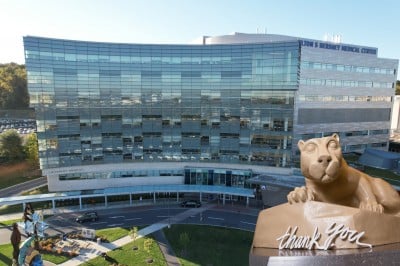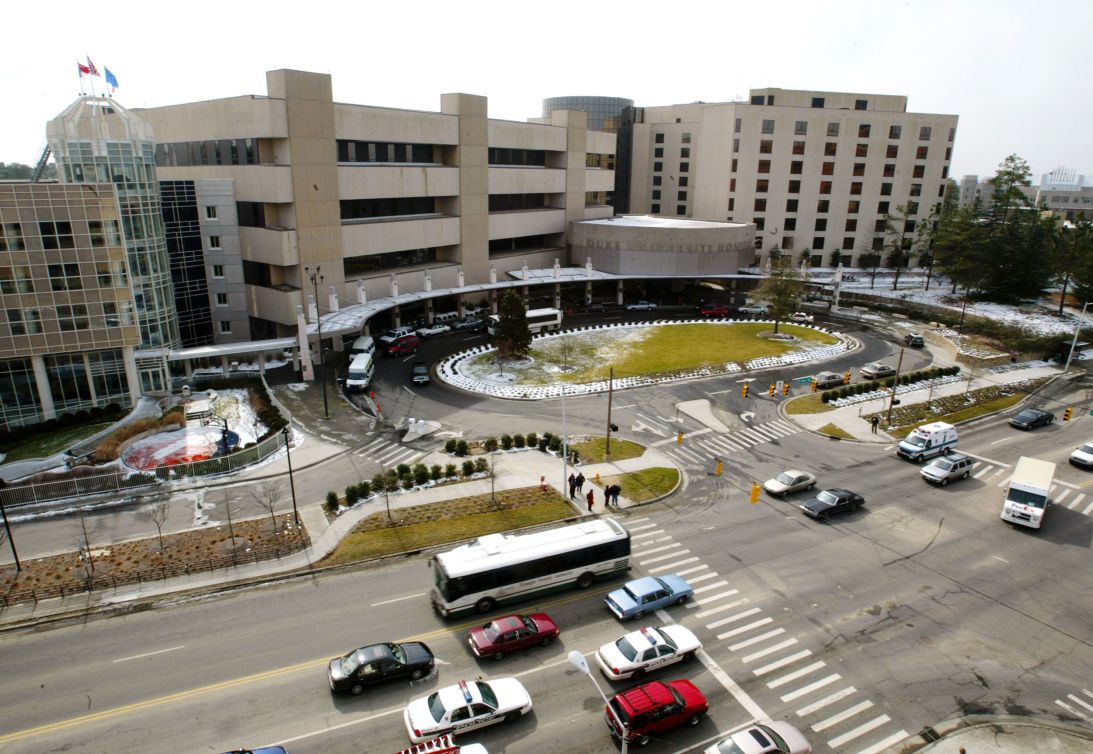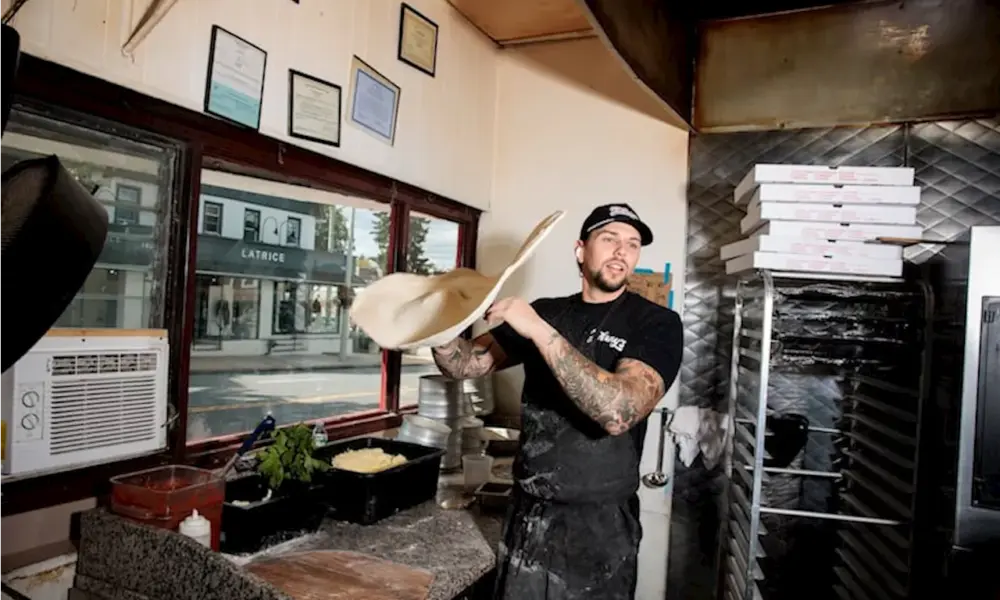The Massachusetts Bay Transportation Authority (MBTA) is reconsidering its approach to providing access to naloxone, the overdose-reversal drug, after a year-long pilot program at five Red Line stations revealed minimal usage. According to a report submitted to the Legislature on October 8, 2023, none of the naloxone doses available at Quincy Center, Ashmont, Andrew, South Station, and Harvard stations were utilized during this period.
The pilot program aimed to make naloxone readily available to the public, with 516 doses distributed across the aforementioned stations from June 2024 to April 2025. Despite the availability of the drug, which was accompanied by multilingual signage explaining how to recognize an opioid overdose and administer naloxone, there were “no known instances of on-site use of naloxone from the cabinets,” the report stated. The MBTA noted that any doses removed from the cabinets had been taken off-site rather than used in emergencies.
The transit authority allocated approximately $55,500 of the $95,000 earmarked by lawmakers for this initiative to cover the costs associated with the naloxone cabinets and their installation. Given the results, the MBTA has suggested that a third-party organization, ideally one with a health-focused mission, should manage the distribution and monitoring of naloxone in the subway system.
In the report, Lynsey Heffernan, the MBTA’s Chief of Policy and Strategic Planning, emphasized the need for a partner with adequate resources to handle the ongoing demands of such a program. “As a result of this pilot, the MBTA has determined that it does not currently have sufficient resources or appropriate personnel needed to manage the day-to-day administration of such a program,” Heffernan wrote.
The MBTA is currently in discussions with the Massachusetts Department of Public Health’s Bureau of Substance Addiction Services and the Cambridge Health Alliance to identify a suitable public health partner who can take over the management of the Narcan cabinet program. Heffernan further noted that MBTA Transit Police Officers will continue to carry naloxone to respond to emergencies effectively.
The transition to a third-party management model reflects a commitment to improving public health safety while acknowledging the operational limitations faced by the MBTA. As the opioid crisis continues to affect communities, ensuring accessible resources like naloxone remains a priority for transit authorities and public health organizations alike.







